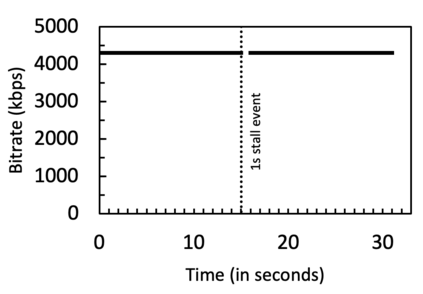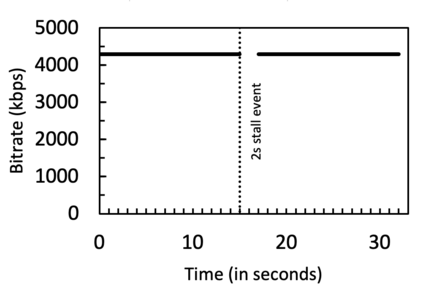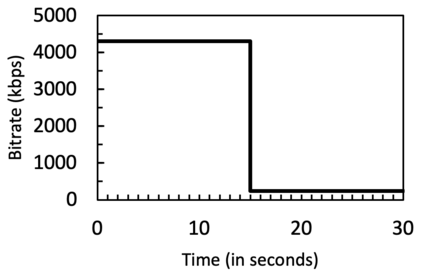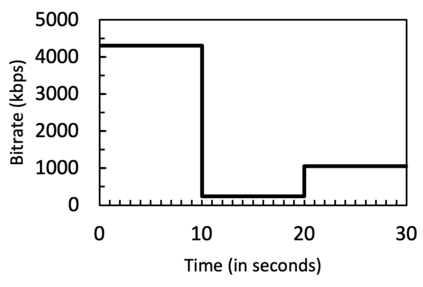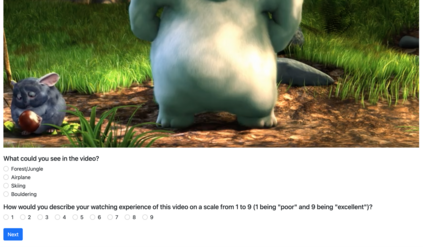HTTP Adaptive Streaming (HAS) is nowadays a popular solution for multimedia delivery. The novelty of HAS lies in the possibility of continuously adapting the streaming session to current network conditions, facilitated by Adaptive Bitrate (ABR) algorithms. Various popular streaming and Video on Demand services such as Netflix, Amazon Prime Video, and Twitch use this method. Given this broad consumer base, ABR algorithms continuously improve to increase user satisfaction. The insights for these improvements are, among others, gathered within the research area of Quality of Experience (QoE). Within this field, various researchers have dedicated their works to identifying potential impairments and testing their impact on viewers' QoE. Two frequently discussed visual impairments influencing QoE are stalling events and quality switches. So far, it is commonly assumed that those stalling events have the worst impact on QoE. This paper challenged this belief and reviewed this assumption by comparing stalling events with multiple quality and high amplitude quality switches. Two subjective studies were conducted. During the first subjective study, participants received a monetary incentive, while the second subjective study was carried out with volunteers. The statistical analysis demonstrated that stalling events do not result in the worst degradation of QoE. These findings suggest that a reevaluation of the effect of stalling events in QoE research is needed. Therefore, these findings may be used for further research and to improve current adaptation strategies in ABR algorithms.
翻译:HTTP 适应性流动(HAS) 是当今流行的多媒体交付解决方案。HTTP 适应性流动(HAS) 的新颖之处在于,在适应性Bitrate (ABR) 算法的推动下,可以不断调整流流流过程,使之适应当前的网络条件。 各种需求服务,如Netflix、Amazon Prime View和Twitch, 上流流流流流和视频, 如Netflix、Amazon Prime View, 和Twitch 使用这种方法。 在这种广泛的消费基础下,ABR算法不断提高用户的满意度。 这些改进的洞察力来自经验质量的研究领域(QoE QE) 。 在这一领域,各种研究人员将自己的作品用于识别潜在缺陷并测试其对观众QoE QE Q 的影响。 两次经常讨论的视觉缺陷和视觉缺陷, 都认为这些延迟性事件对QE 做了一次分析。 这份论文质疑了这一假设,通过将当前拖延事件与多种质量和高调和高调质质质的交换。 进行了两项主观研究。 在第一次主观研究中,参与者获得了货币激励,在统计评估中进行了最差的研究中,这些结果中,这些结果的研究表明, 做了一次分析。









